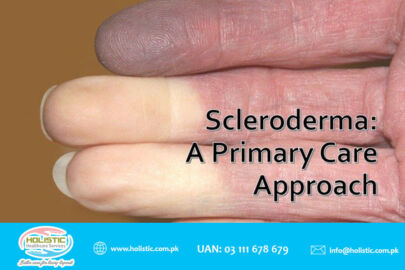Bipolar disorder, also known as manic depression, is a mental illness that brings severe high and low moods and changes in a person’s sleep, energy, thinking, and behavior. People who have bipolar disorder can have periods in which they feel overly happy and energized and other periods of feeling very sad, hopeless, and sluggish. On the face of it, these may sound benign states but manic depressives are not as peaceful as they may be construed.
Types
There are typically two types i.e. Bipolar 1 Disorder and Bipolar 2 Disorder. The difference lies in the quality of mania in both disorders. In the first type, the mania is so intense that the patient becomes extremely violent and dangerous. The patient gets so violent that he or she hurls abuses at others and in extreme cases, might kill someone or themself. An injection known as Serenace is administered to the patient to bring them under control.
In Bipolar I Disorder, the patient’s mood cycles between mania and depression. To clarify things, a patient with just depression is known as uni-polar depressive and is much amenable to treatment. Uni-polar disorder can be treated by an SSRI (Selective Serotonin Reuptake Inhibitor).
The patient’s dopamine recycling, from high to low and vice versa, is supposed to be the cause of both types of manic-depressives. However, the precise cause of mania is yet unknown.
In Bipolar 2 Disorder, the manic level is not that high as the one associated with Bipolar 1 Disorder. The mania of Bipolar 1 Disorder is known as hypomania. The patient feels a ‘high’ and suddenly is happy about everything. Interestingly, the person becomes flirtatious and starts spending a lot. The patient exudes a lot of creative energy. It is said that great artists are primarily bi-polars. It is advisable that their accounts be blocked so that they limit spending on women, cars, house decoration and everything luxurious.
Causes
- Hormonal and Genetic Problems
Hormonal imbalances might trigger or cause this disorder. Environmental and other factors such as abuse, mental stress, a “significant loss,” or some other traumatic event may contribute to or trigger bipolar disorder.
People who are bipolar were likely born with the predisposition for this disorder. For many, a stressful life event and/or upbringing can trigger the onset of the illness. It is important to remember that what is stressful to one person may not be stressful to another.
- High Stress
People who experience traumatic events are at higher risk of developing it. Childhood factors such as sexual or physical abuse, neglect, the death of a parent, or other traumatic events can increase the risk of becoming bipolar later in life.
Treatment
- Medication such as Qusel and Risperidone. These are two atypical antipsychotics. They are void of the side-effects of typical psychotics such as tremors and sedation.
- Techniques such as CBT combined with medication can also help.
If you have a loved one with bipolar disorder, you might need extra help taking care of the patient. The qualified staff at Holistic Healthcare Services can be of assistance. We have experienced and qualified nurses and caregivers. Call UAN: 03 111 678 679 to talk to our healthcare professionals.





 Reach us on WhatsApp
Reach us on WhatsApp